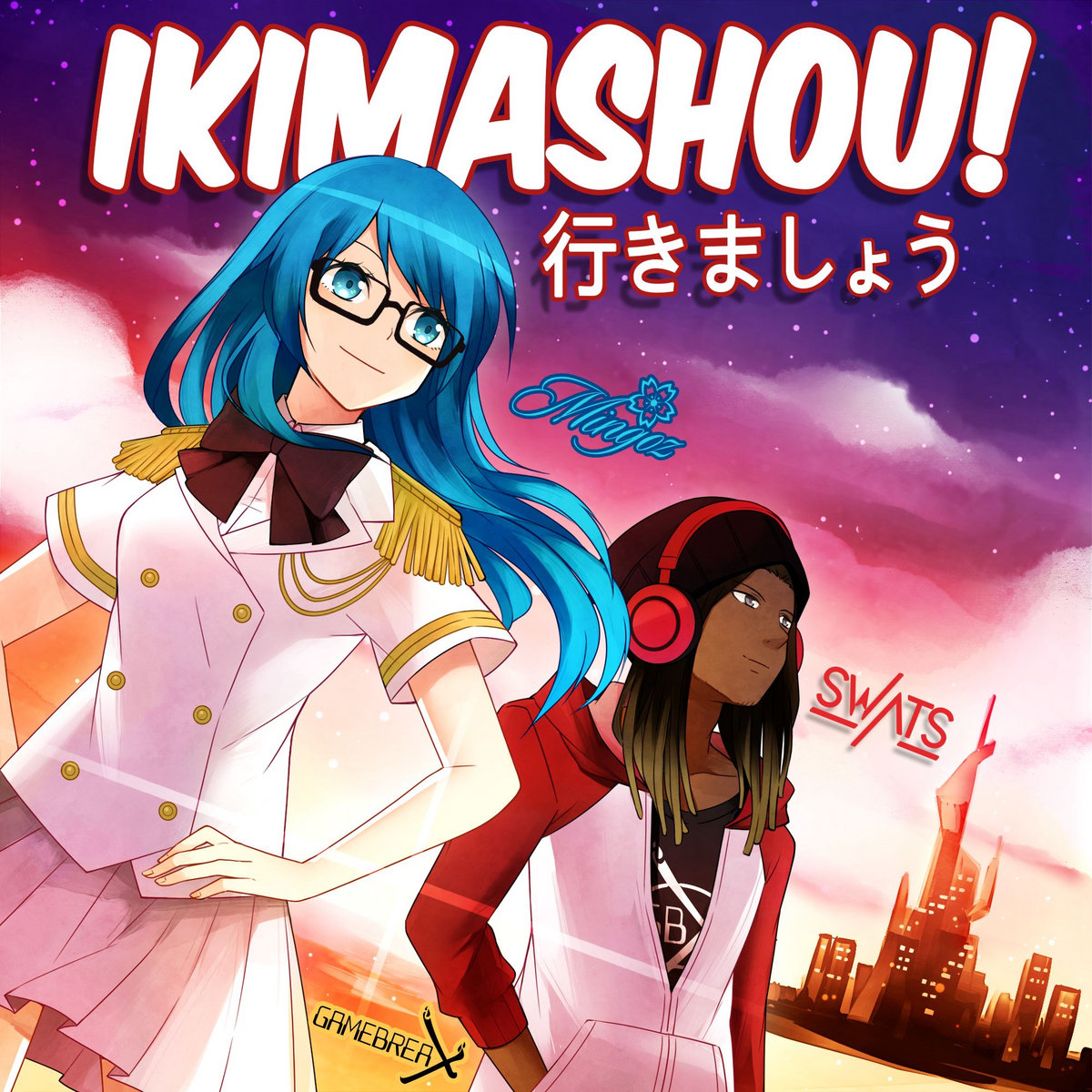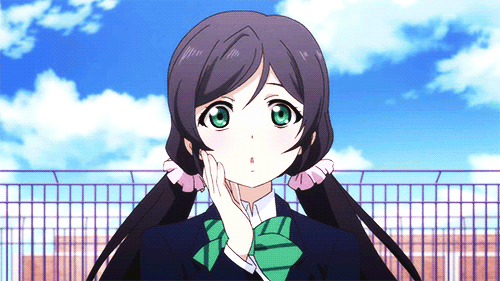What is your nationality?
So, you politely greet a stranger with a proud こんにちわ!(Hello/good afternoon). You stuttered through the necessary greetings and established you are both very well and yes, be nice to each other etc...now what?...モヤモヤ...
Well, being a foreigner, you can always be sure to be asked what your nationality is.
What nationality are you? (なに)(じん) ですか?
(何)(人)ですか?
(nani)(jin) desuka?
The じん-part refers to the person kanji (人)and you use that -jin after the name of your country, implying you're a person of that country. [Country + jin = Nationality] (It's easier than it sounds! Promise!!).
For example:
Britain イギリス
(Igirisu)
Britain + (Jin) イギリス(人)
(Igirisujin)
[ Britain + person = British ]
Let's look at how that changes some countries and nationalities. Nationalities will usually be written in katakana with the 人(person) kanji attached at the end.
スコットランド スコットランド人
(sukottorando) (sukottorandojin)
Scotland Scottish
アメリカ アメリカ人
(amerika) (amerikajin)
America American
カナダ カナダ人
(kanada) (kanadajin)
Canada Canadian
イギリス イギリス人
(igirisu) (igirisujin)
Britain British
アイルランド アイルランド人
(airurando) (airurandojin)
Ireland Irish
北アイルランド 北アイルランド人
(kitaairurando) (kitaairurandojin)
Northern Ireland Northern Irish
南アフリカ 南アフリカ人
(minami afurika) (minami afurikajin)
South Africa South African
オーストラリア オーストラリア人
(Ōsutoraria) (Ōsutorariajin)
Australia Australian
ニュージーランド ニュージーランド人
(Nyu-ji-rando) (Nyu-ji-randojin)
New Zealand New Zealander
You get the idea?
Q&A:
なに じん です か? What Nationality are you?
何人ですか?
(Nani jin desu ka?)
わたし は _______ です。 I'm ________.
私は______人 です。
(Watashi wa _____ desu.)
So;
私はスコットランド人です。*あなたは?
(Watashi wa sukottorandojiin desu. *Anata wa?)
I am Scottish. And you?
* [Normally you would not use anata for "you" - especially on a first meeting!! It is considered a bit impolite. You would use the person's name + san instead.] 👍
Give it a go! And tell me what nationality you are. Next we will look at asking which country you are from.
じゃ、またね!
😺







